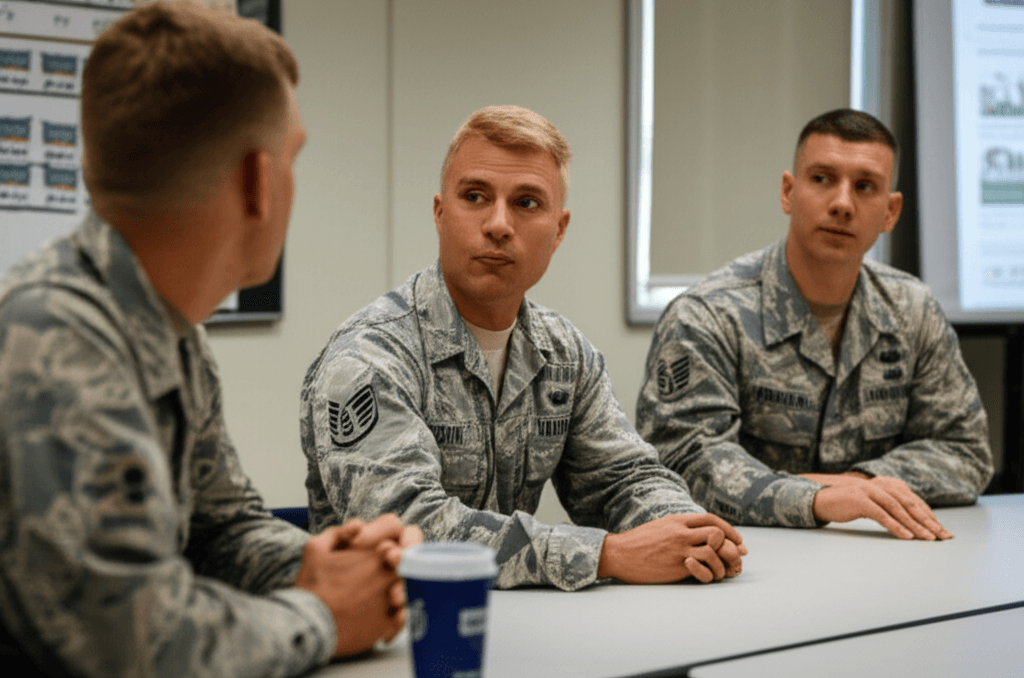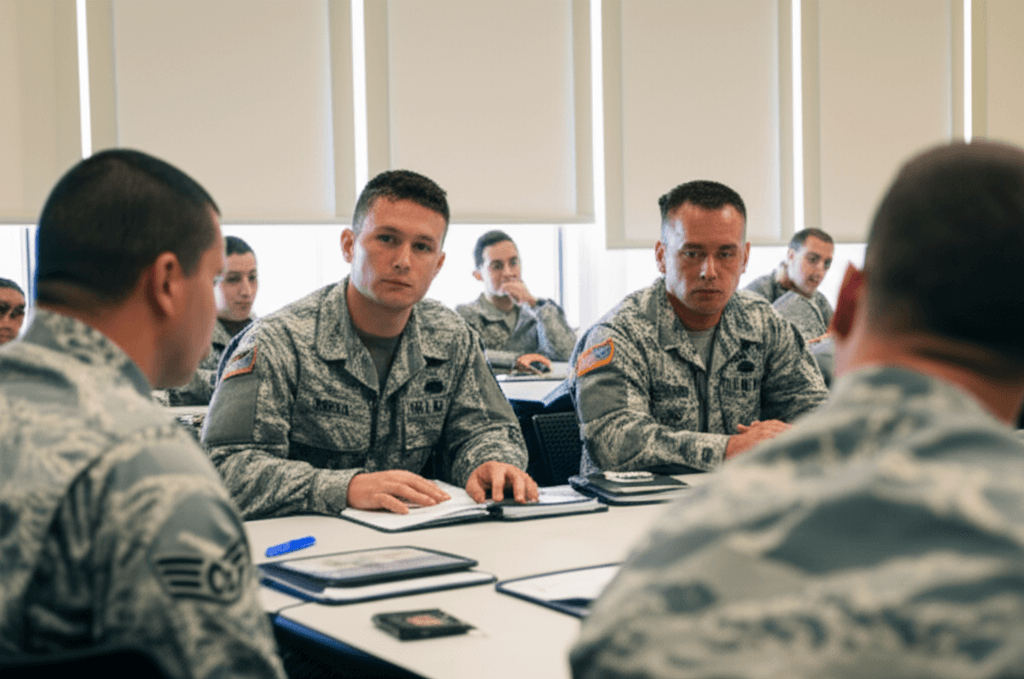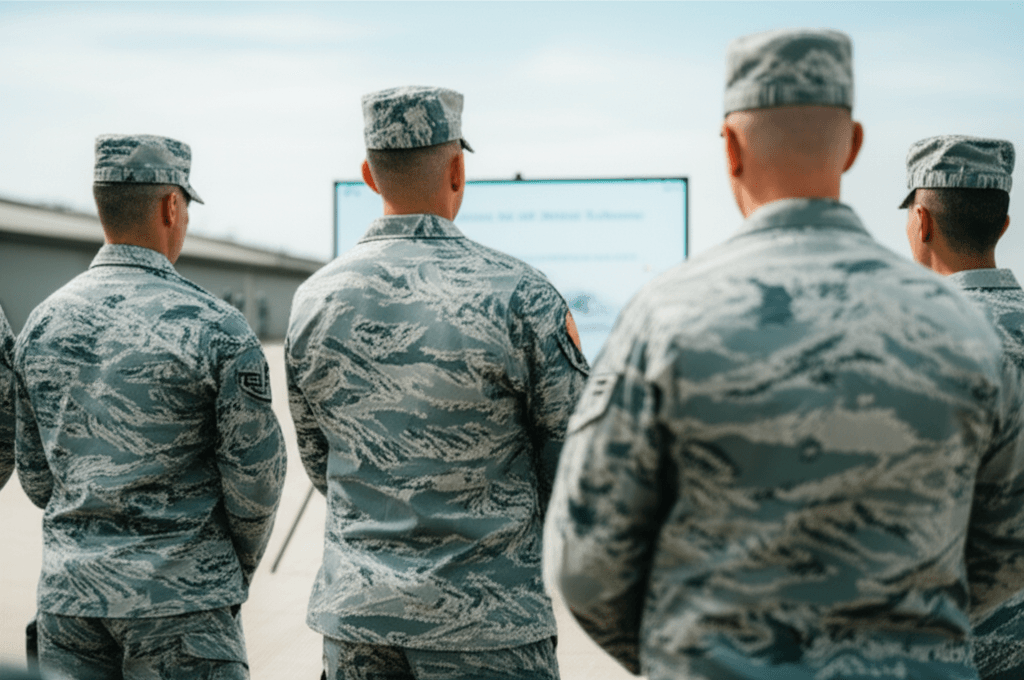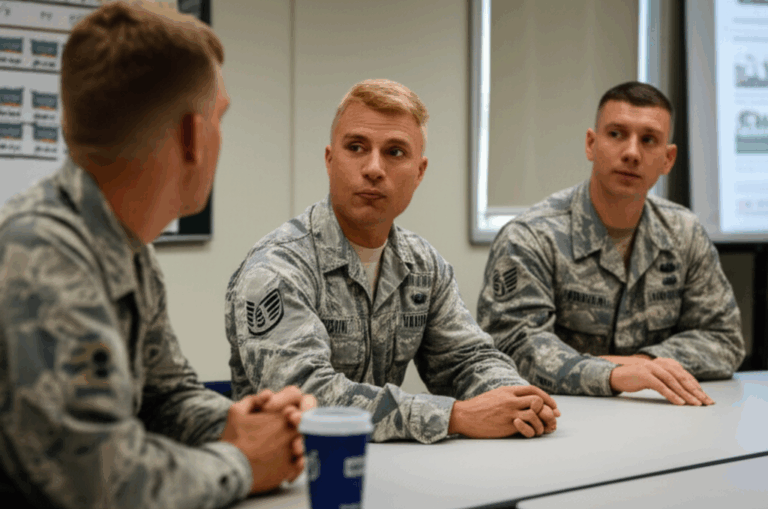COLUMBUS, Miss. – Columbus Air Force Base (CAFB) recently undertook an innovative mental fitness training program, emphasizing the critical role of mental well-being in military readiness and performance. The inaugural event, held at the Trotter Convention Center, saw the base “stand down flying for the day because it is that important,” according to James Blech, Commander of the 14th Flying Training Wing at CAFB.
This training underscores the Air Force’s ongoing commitment to developing cognitive resilience and mental toughness throughout service members’ careers, recognizing that a “mental edge” is as crucial as physical conditioning for high-stakes operations.

The Imperative of Mental Fitness in the Military
The demanding nature of military service often places individuals in high-stress situations, making mental health a crucial factor for overall well-being and operational effectiveness. The Air Force, through initiatives like the Comprehensive Airman Fitness (CAF) program, has long recognized four core domains of fitness: mental, physical, social, and spiritual. This recent training at CAFB specifically targets the mental domain, which is defined as the “ability to effectively cope with unique mental stressors and challenges needed to ensure mission readiness.”

Warrior’s Edge Program: Tailored for Elite Performance
The mental fitness training at CAFB was facilitated by the Warrior’s Edge program, which is specifically designed for individuals operating at high levels of stress and performance. This program was developed by a diverse team, including former military personnel, sports psychologists, and even Super Bowl-winning head coach Pete Carroll. Dr. Nicole Davis, a two-time Olympian and psychologist involved in the program, expressed the privilege she felt in speaking about mental health to this population, acknowledging the sacrifices military members make and the historical lack of sufficient resources in this area.
Participants in the training found it to be a valuable opportunity to reflect on mindfulness within their careers. Retired U.S. Air Force Lieutenant Colonel Dr. Jannell Macaulay noted that for many, it was their first time truly learning and testing themselves in a challenging environment, helping them understand how to navigate stress and achieve moments of “thriving and celebration.”

Broader Air Force Initiatives in Mental Health
The Air Force has been actively exploring and implementing various programs to enhance the mental well-being of its personnel. This includes the installation of “Mindgyms” at numerous bases, which are designed to offer relaxation techniques such as biofeedback and meditation in a unique, immersive environment. These Mindgyms, developed by Lumena Labs, have shown promising results, with users reporting improvements in mood, reductions in stress indicators, and even better sleep quality.
Furthermore, the Air Force has implemented training for Aviation Psychologists, aiming to increase their understanding of USAF aviation training and practices to better address human factors in safe and effective performance. Columbus Air Force Base has also previously offered resources such as family suicide prevention training and has an annual Mental Health Assessment requirement. These efforts collectively demonstrate a proactive approach to fostering mental resilience and providing support systems for service members and their families.

Looking Ahead: A Culture of Mental Readiness
The inaugural mental fitness training at Columbus Air Force Base signifies a continuing evolution in how the military addresses the comprehensive well-being of its personnel. By integrating programs like Warrior’s Edge and embracing innovative tools, the Air Force aims to cultivate a culture where mental readiness is as fundamental as physical prowess, ensuring its members are equipped to handle the unique challenges of their service and thrive both professionally and personally.







